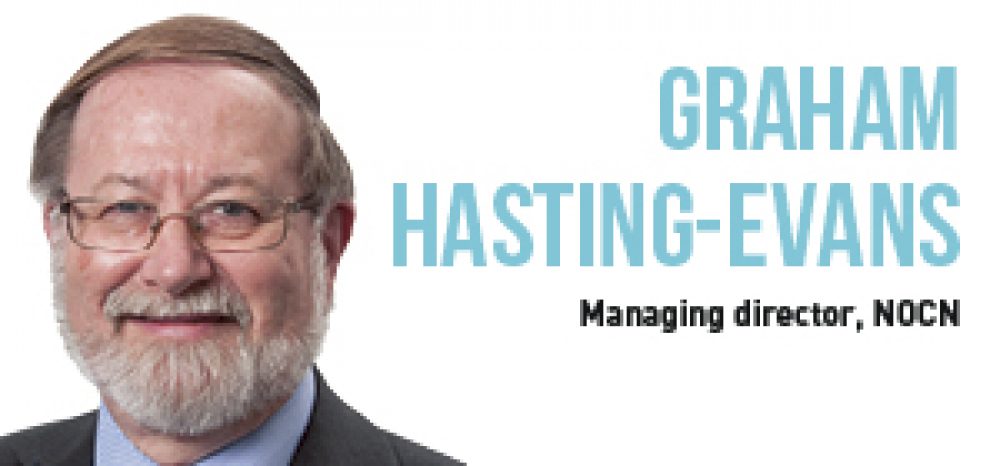To rise to the challenge of a post-Brexit Britain, we need a clear, accessible skills system, says Graham Hasting-Evans
When you’re up to your neck in alligators it’s difficult to remember your first objective was to drain the swamp – or to put it another way: we need to get a grip following Brexit.
The objective is clear. In the next five years we must boost skills and productivity by 30 per cent. Last month the National Audit Office report ‘Delivering the value through apprenticeship reform’ stated bluntly that the “ONS estimates that Germany, France and the USA are each about a third more productive than the UK”.
Clearly reform is urgently needed.
Creditably the government has been trying to deliver critical changes and has some excellent policy ideas. But it lacks the vision, coherence and focus needed to create the single skills-enhancement strategy the economy requires.
We need clarity from two perspectives: both within the sector and from the outside. To paraphrase David Hughes in his opening speech to the AoC Conference, the future does look bright for the FE sector. However, it still needs to rise to the challenge.
We must commit to a single skills enhancement strategy, underpinned by a single skills-system, which embraces all the various initiatives, while ensuring increased productivity and social mobility, including development for the existing workforce.
The current plan focuses on reformed apprenticeships and new technical education qualifications, but we need to go further. There are two major gaps that still need filling: a plan for upskilling the existing workforce, and clarity of career pathways for those entering the system.
The future does look bright
Regarding the first, boosting productivity is not just about training up new workers. Only two per cent of our workforce is replaced every year – so a large part of increasing productivity must lie in upskilling. Yet with the distorted focus on the apprenticeship levy, professional development as a strategy to improve productivity has been cast aside by the government. This makes no sense. Training new entrants will not alone increase our productivity as a nation; we need a skills-enhancement strategy to improve capabilities at all levels of industry.
It is certainly the case that employers are looking at ways to use the levy pot to upskill existing workers, but they are likely to find that there is currently not a sufficient number, or breadth, of apprenticeship standards at this level to achieve their aim – nor are they in the pipeline.
In truth, it seems ridiculous that we should have to rebrand the idea of professional development as an ‘apprenticeship’ in order for it to be seen as worthy of investment, but that’s for another day.
The vast majority of the new standards are currently aimed at new entrants. If the aim is truly to boost productivity, more higher-level standards and qualifications need to be developed that would allow the levy to be spent on valuable professional development.
The second gap that needs filling is to establish clear pathways for young people. Improving social mobility increases productivity, but how can people move up the socio-economic ladder, if they can’t even understand which qualifications they need to take? We need to communicate better and in order to do this, we need to package the complexity of the further education offer as a single skills system.
To do this, rather than focusing solely on qualifications, we should focus on destinations. This doesn’t have to mean choosing ultimate career destinations at a young age, but simply directing young people to what could be called a ‘first-base job’.
There may be multiple routes to a first-base job: an academic or technical qualification, an apprenticeship (with or without a technical qualification) and/or work-based training. But whichever route learners take, it’s important they are equipped with both employability skills and the necessary broad knowledge of their sector or discipline so they can adapt as the economy changes.
Which brings us back to the first gap: the skills enhancement strategy. We must recognise that getting a first-base job is not the end, but rather the beginning. People will need to adapt and retrain throughout their working life.
If we get the skills enhancement strategy and underpinning system right, productivity and social mobility will rise – and that has to be a big step towards a successful economy.
Graham Hasting-Evans is managing director at NOCN








Your thoughts